Campaign to increase awareness of organ donation
Serbia's transplant system is ineffective, and awareness of organ donation is not sufficiently widespread.
Tuesday, 23.10.2007.
11:31

Serbia's transplant system is ineffective, and awareness of organ donation is not sufficiently widespread. Through organ donation, one man can save the lives of another seven. Campaign to increase awareness of organ donation Transplants are the only savior for seriously ill patients or those who have rejected certain organs. In Serbia, over the last three decades, just over 1200 transplantations have been performed, which is low compared to other countries in the region – in the Czech Republic and Poland alone, 400 to 500 such operations are carried out every year. As a result of serious illnesses, kidneys can collapse and stop working. Dialysis is an answer, but is very hard on the patient who spends days tied to the machine, and is accompanied by numerous complications, such as anaemia, liver disease, and weakening of the heart and lungs. Transplants are the only hope for recovery and a normal life. In Serbia, around 1000 patients are waiting for a healthy kidney, the majority of them young and physically able. “I’m 23 and have been receiving treatment for five years. My only chance was a transplant. My mother gave me her kidney and now I feel good, as if I’ve been born again,“ says Nebojsa Ilisevic, who has undergone a transplant operation. Natalija Bujak is waiting for a kidney transplant, and says that she has been on dialysis for eight years. “We mustn’t eat fruit or vegetables, we mustn’t drink much water. But I want to stuff myself and drink loads,“ she said. Her mother Erzebet, a potential kidney donor, says she sees her daughter suffering every day. “There’s a chance I’ll be able to give her my kidney, provided that they’re still any good, because I’m 65. I hope it will be ok, otherwise I don’t know, it means a lot to me,“ she says. In 2007, 40 kidneys have been transplanted, but that number should be at least ten times higher. In Serbia, transplants are most commonly performed from living donors. Awareness of organ donation following death is not sufficiently developed. However, giving an organ is often literally the gift of life. “A kidney transplant leads to almost complete recovery of all functions, organs and tissues. Young fertile women can give birth. The problem is that there is a lack of knowledge here of the subject,“ says Radmila Blagojevic-Lazic, president of the Organ Transplant Section. This year in Serbia, there has not been a single liver or heart transplant. The Health Ministry says that the problem is not a lack of organs, but that the system does not function properly, and that doctors are not sufficiently active in the matter. “We’ve done everything for Dedinje Clinic to be authorized to carry out heart transplants, for the Clinical Center and the Military-Medical Academy (VMA) to be authorized to carry out liver transplants, for extraction and transplantation teams to be set up. This can happen at 2 a.m., 6 p.m., on Saturday, Sunday, but if you don’t react on time, it’s too late. Either you’ve got the system, or you haven’t,“ says Health Minister Tomica Milosavljevic. Serbia should become a member of Eurotransplant, whose members already include Slovenia and Croatia.
Campaign to increase awareness of organ donation
Transplants are the only savior for seriously ill patients or those who have rejected certain organs. In Serbia, over the last three decades, just over 1200 transplantations have been performed, which is low compared to other countries in the region – in the Czech Republic and Poland alone, 400 to 500 such operations are carried out every year.As a result of serious illnesses, kidneys can collapse and stop working. Dialysis is an answer, but is very hard on the patient who spends days tied to the machine, and is accompanied by numerous complications, such as anaemia, liver disease, and weakening of the heart and lungs. Transplants are the only hope for recovery and a normal life. In Serbia, around 1000 patients are waiting for a healthy kidney, the majority of them young and physically able.
“I’m 23 and have been receiving treatment for five years. My only chance was a transplant. My mother gave me her kidney and now I feel good, as if I’ve been born again,“ says Nebojša Ilišević, who has undergone a transplant operation.
Natalija Bujak is waiting for a kidney transplant, and says that she has been on dialysis for eight years. “We mustn’t eat fruit or vegetables, we mustn’t drink much water. But I want to stuff myself and drink loads,“ she said.
Her mother Eržebet, a potential kidney donor, says she sees her daughter suffering every day. “There’s a chance I’ll be able to give her my kidney, provided that they’re still any good, because I’m 65. I hope it will be ok, otherwise I don’t know, it means a lot to me,“ she says.
In 2007, 40 kidneys have been transplanted, but that number should be at least ten times higher. In Serbia, transplants are most commonly performed from living donors. Awareness of organ donation following death is not sufficiently developed. However, giving an organ is often literally the gift of life.
“A kidney transplant leads to almost complete recovery of all functions, organs and tissues. Young fertile women can give birth. The problem is that there is a lack of knowledge here of the subject,“ says Radmila Blagojević-Lazić, president of the Organ Transplant Section.
This year in Serbia, there has not been a single liver or heart transplant. The Health Ministry says that the problem is not a lack of organs, but that the system does not function properly, and that doctors are not sufficiently active in the matter.
“We’ve done everything for Dedinje Clinic to be authorized to carry out heart transplants, for the Clinical Center and the Military-Medical Academy (VMA) to be authorized to carry out liver transplants, for extraction and transplantation teams to be set up. This can happen at 2 a.m., 6 p.m., on Saturday, Sunday, but if you don’t react on time, it’s too late. Either you’ve got the system, or you haven’t,“ says Health Minister Tomica Milosavljević.
Serbia should become a member of Eurotransplant, whose members already include Slovenia and Croatia.














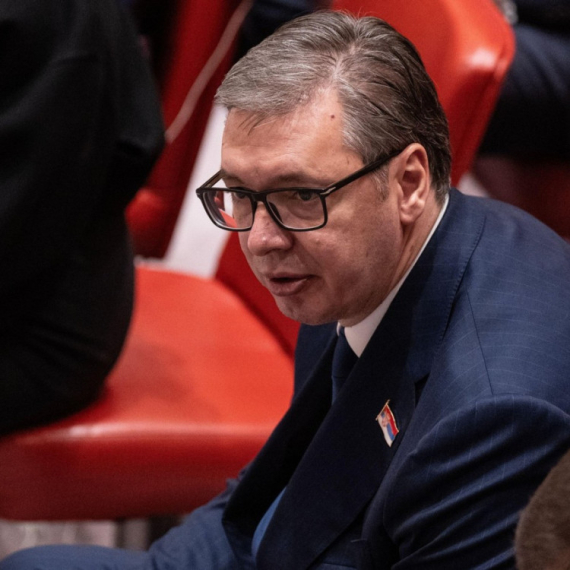


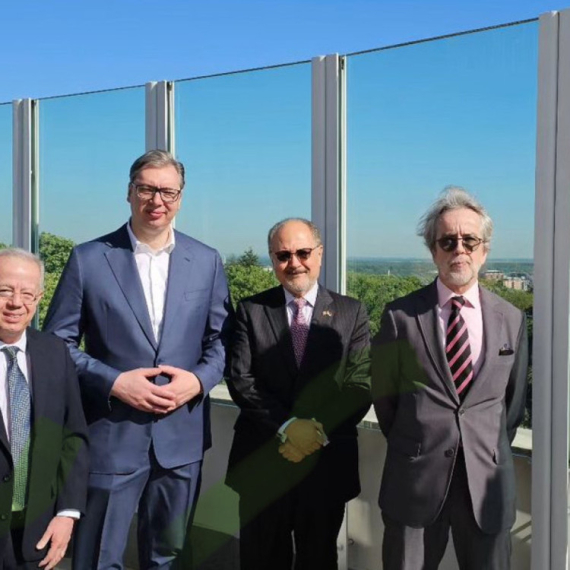
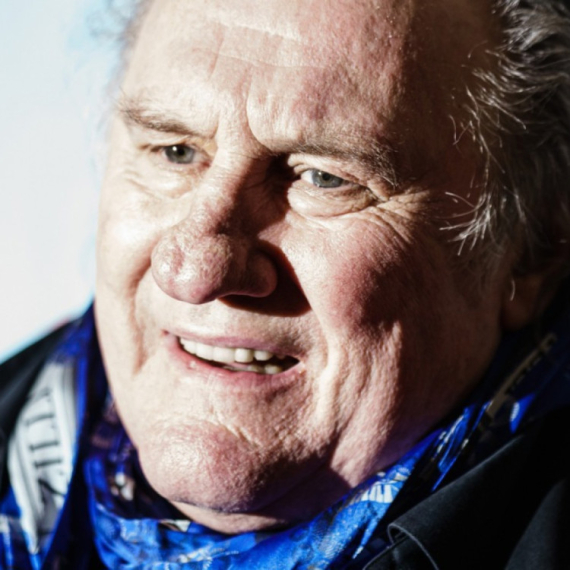

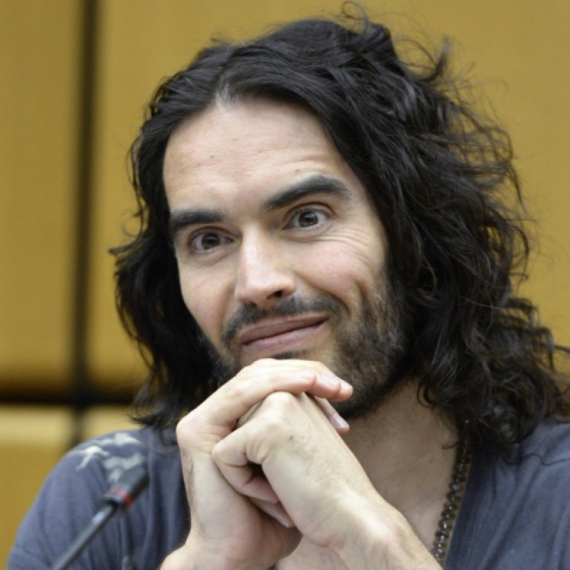



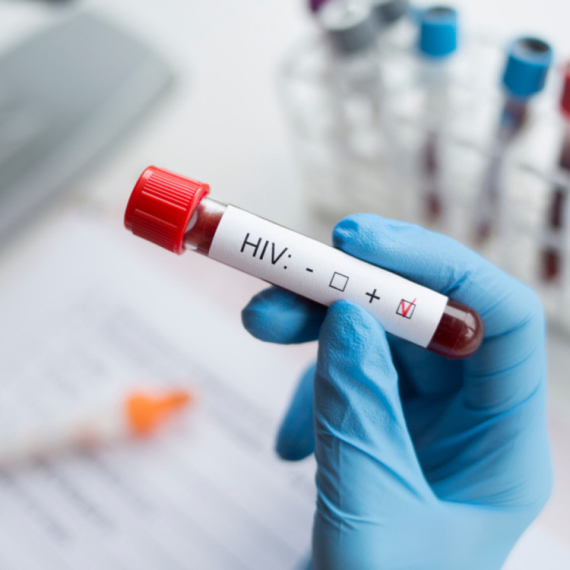















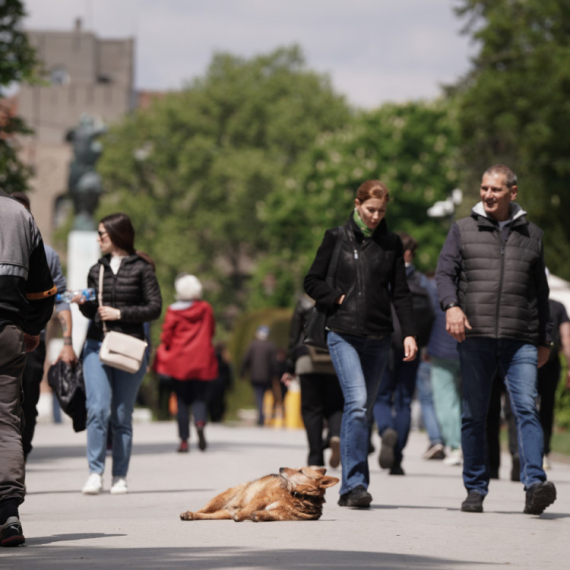
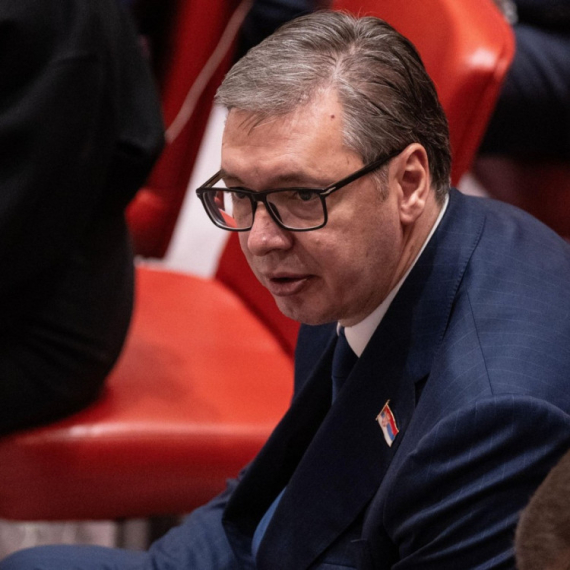


Komentari 0